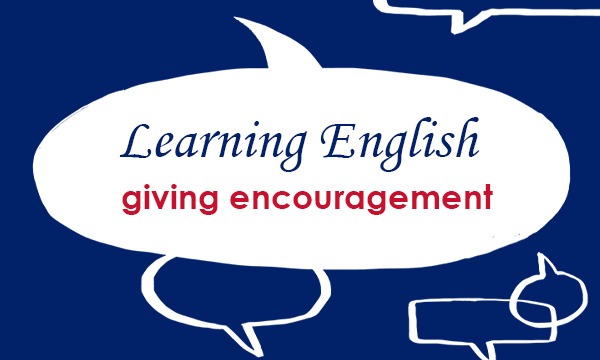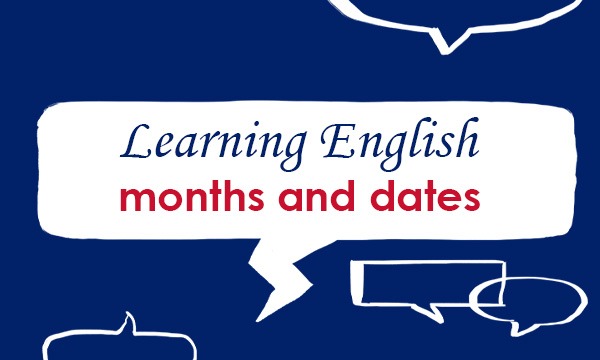
To encourage someone to go somewhere more quickly or to do something more quickly, use Hurry up! or, more informally, Get a move on!
Hurry up! We’ve got to be there in ten minutes!
Hurry up, Mario! When you’ve finished your work, you can go out to play.
Get a move on! We’re late already!
To encourage someone to go somewhere or to do something more quickly, you can also use Come on! Come on, Helena, or we’ll be late!
Come on! We’re going to miss our train!
Come on! We haven’t got all day!
Come on! Have a swim with us. The water’s lovely!
To encourage someone to do something, you can use Go for it! This phrase is slightly informal.
‘I’m thinking of applying for that job.’ ‘Go for it!’
‘I’ve decided I want to run a marathon.’ ‘Go for it!’
‘I’d like to go and see Paolo in New York.’ ‘Go for it!’
Come back for more blogs on using English in everyday situations: https://blog.collinsdictionary.com/language-learners/learning-english/
All opinions expressed on this blog are those of the individual writers, and do not necessarily reflect the opinions or policies of Collins, or its parent company, HarperCollins.



